HDD vs. SSD in 2023 - Is There Still a Debate?
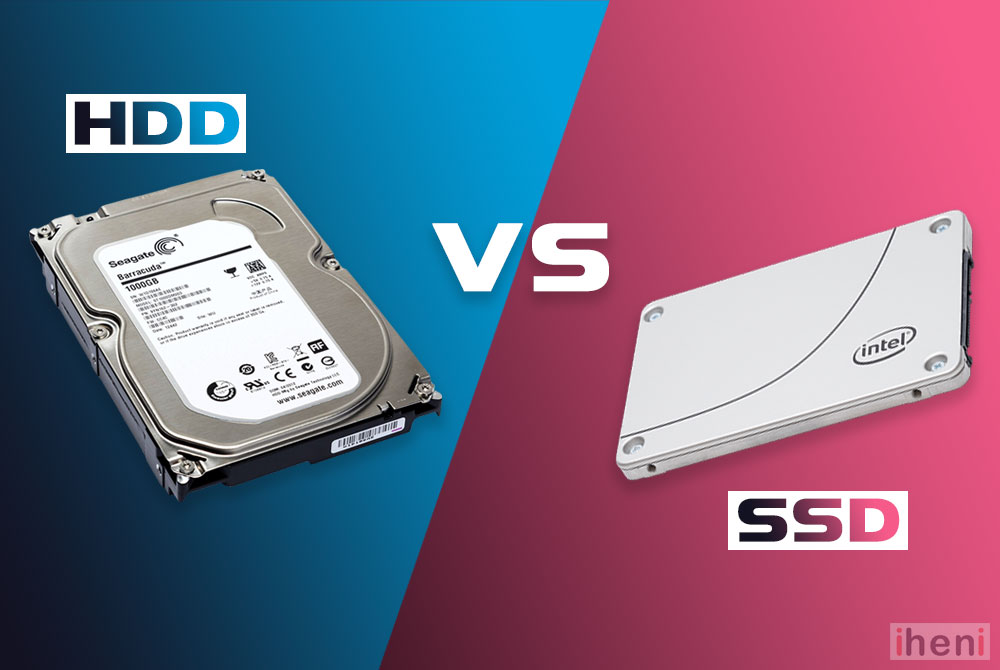
For years, the debate between Hard Disk Drives (HDDs) and Solid State Drives (SSDs) has raged on. While SSDs have undoubtedly taken the performance crown, HDDs have remained relevant due to their affordability and larger storage capacities. But in 2023, with advancements in technology and shifting market trends, is there even a debate anymore? Let's dive into a detailed comparison to help you make an informed decision for your next storage upgrade.
Performance: Where SSDs Reign Supreme
When it comes to raw speed, SSDs leave HDDs in the dust. Here's a breakdown based on average real-world performance:
| Metric | HDD | SSD (SATA) | SSD (NVMe) |
|---|---|---|---|
| Sequential Read Speed | 80-160 MB/s | 500-550 MB/s | Up to 3500 MB/s |
| Sequential Write Speed | 80-160 MB/s | 450-500 MB/s | Up to 3000 MB/s |
| Random Read/Write (4K) | 5-10 MB/s | 30-60 MB/s | Up to 400 MB/s |
These numbers translate to significantly faster boot times, application loading, and overall system responsiveness with an SSD. Tasks that involve heavy file access, like video editing or gaming, see a dramatic improvement with an SSD.
Capacity and Cost: The HDD Advantage... For Now
While SSDs excel in performance, HDDs have traditionally held the advantage in capacity and cost per gigabyte. You can easily find HDDs with 4TB or even larger capacities at very affordable prices. In contrast, SSDs with comparable capacities still carry a significant price premium.
However, this gap is narrowing. Advancements in SSD technology like QLC (Quad-Level Cell) NAND flash have led to increased storage densities and reduced manufacturing costs. As a result, larger capacity SSDs are becoming increasingly affordable, though still not at the same price-per-gigabyte as HDDs.
Durability and Longevity: A Mixed Bag
HDDs are susceptible to damage from physical shock and vibrations due to their moving parts. SSDs, with their lack of mechanical components, are inherently more durable in this regard. However, SSDs have a limited lifespan measured in TBW (Terabytes Written), which represents the total amount of data that can be written to the drive before it begins to degrade.
For typical consumer use, the lifespan of an SSD is unlikely to be a concern, often exceeding the lifespan of the device they're installed in. However, for heavy write-intensive workloads like servers or databases, HDDs might offer better long-term reliability.
Power Consumption and Noise: SSDs Take the Lead
SSDs consume less power than HDDs due to their lack of spinning platters and moving parts. This can translate to longer battery life for laptops and reduced energy costs for desktops. Additionally, SSDs are completely silent during operation, while HDDs can produce a noticeable humming or clicking sound.
So, Is There Still a Debate?
The decision between HDD and SSD ultimately depends on your specific needs and budget. For most users seeking the best performance, faster boot times, and a snappier computing experience, SSDs are the clear choice. They are becoming increasingly affordable, making them a worthwhile investment for most systems.
However, HDDs still hold relevance in situations where large storage capacities are required on a tight budget. For storing large media libraries, backups, or less frequently accessed files, HDDs can provide a cost-effective solution.
The Future of Storage
Looking ahead, the trend seems clear. SSD technology continues to advance, with faster speeds, larger capacities, and lower prices on the horizon. As these trends continue, SSDs are poised to become the dominant storage technology, relegating HDDs to niche use cases.
Ultimately, understanding the strengths and weaknesses of both HDDs and SSDs empowers you to make an informed decision based on your specific needs and budget. And as technology continues to evolve, we can expect even more exciting advancements in the world of storage.
:max_bytes(150000):strip_icc()/dog-treats-glass-storage-container-3f5d7e36-81df4011d844459c9272c9c8404bc38d.jpg)
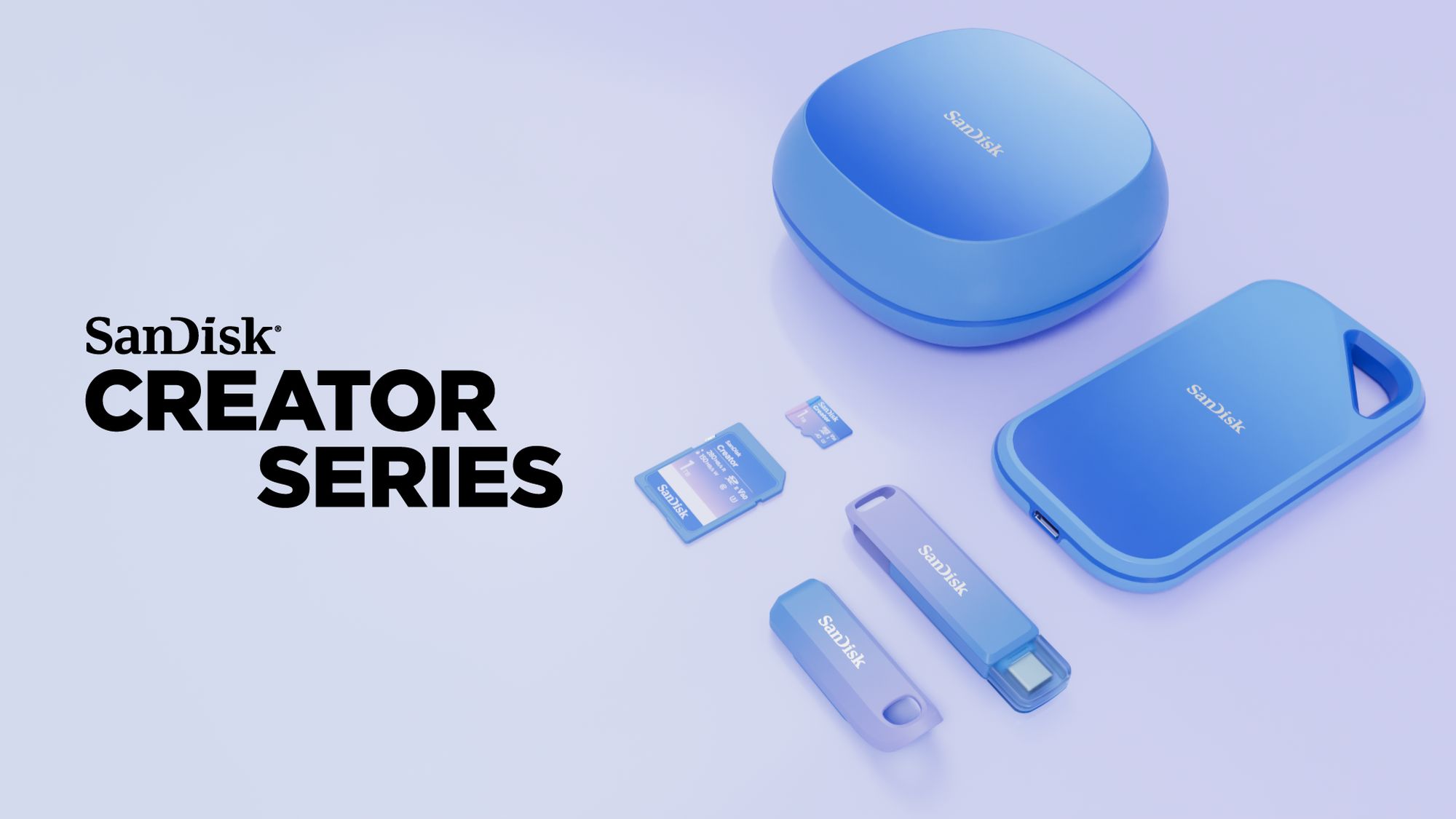

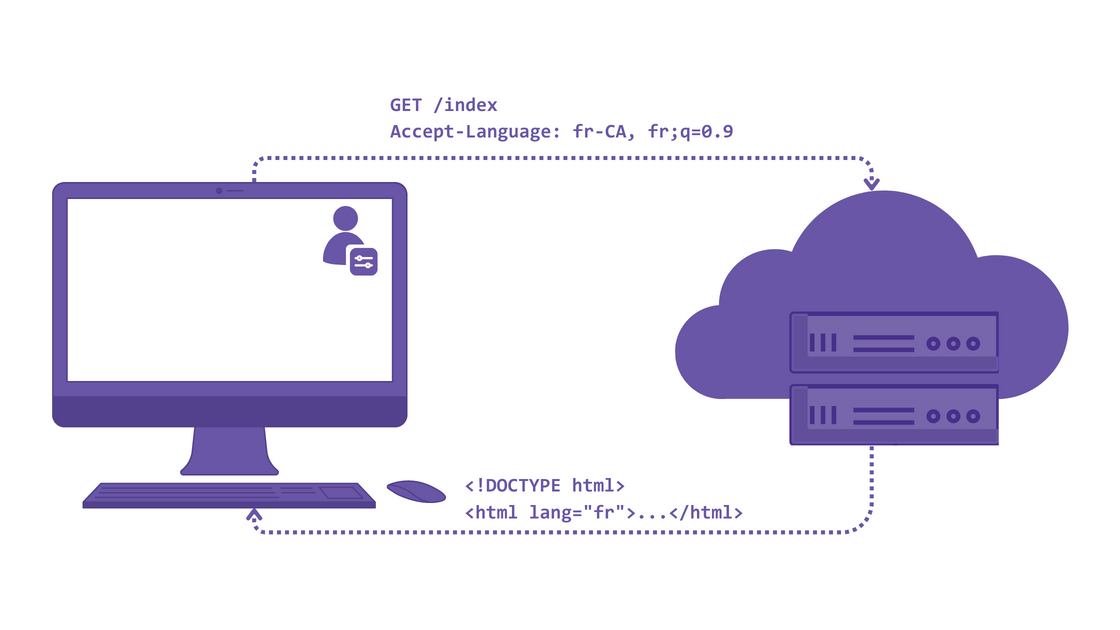

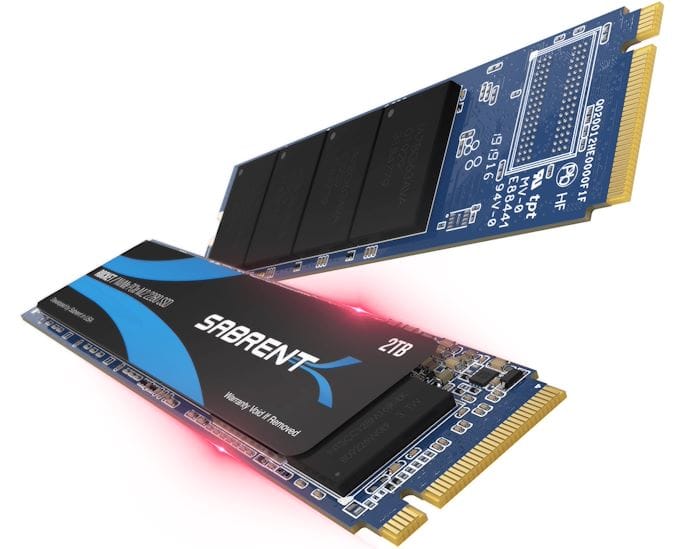
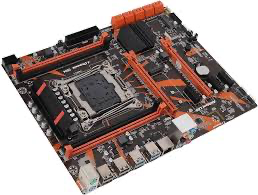
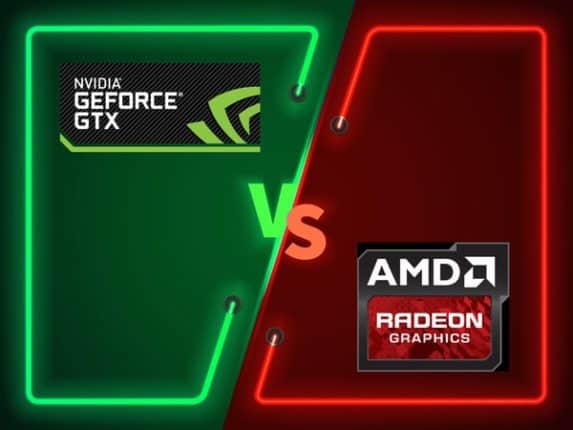










Comments ()